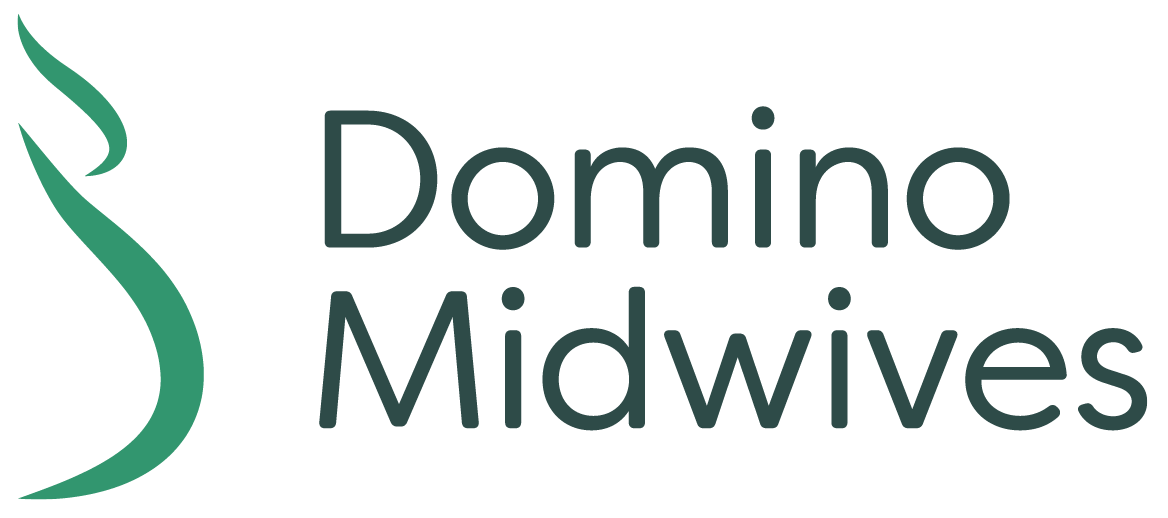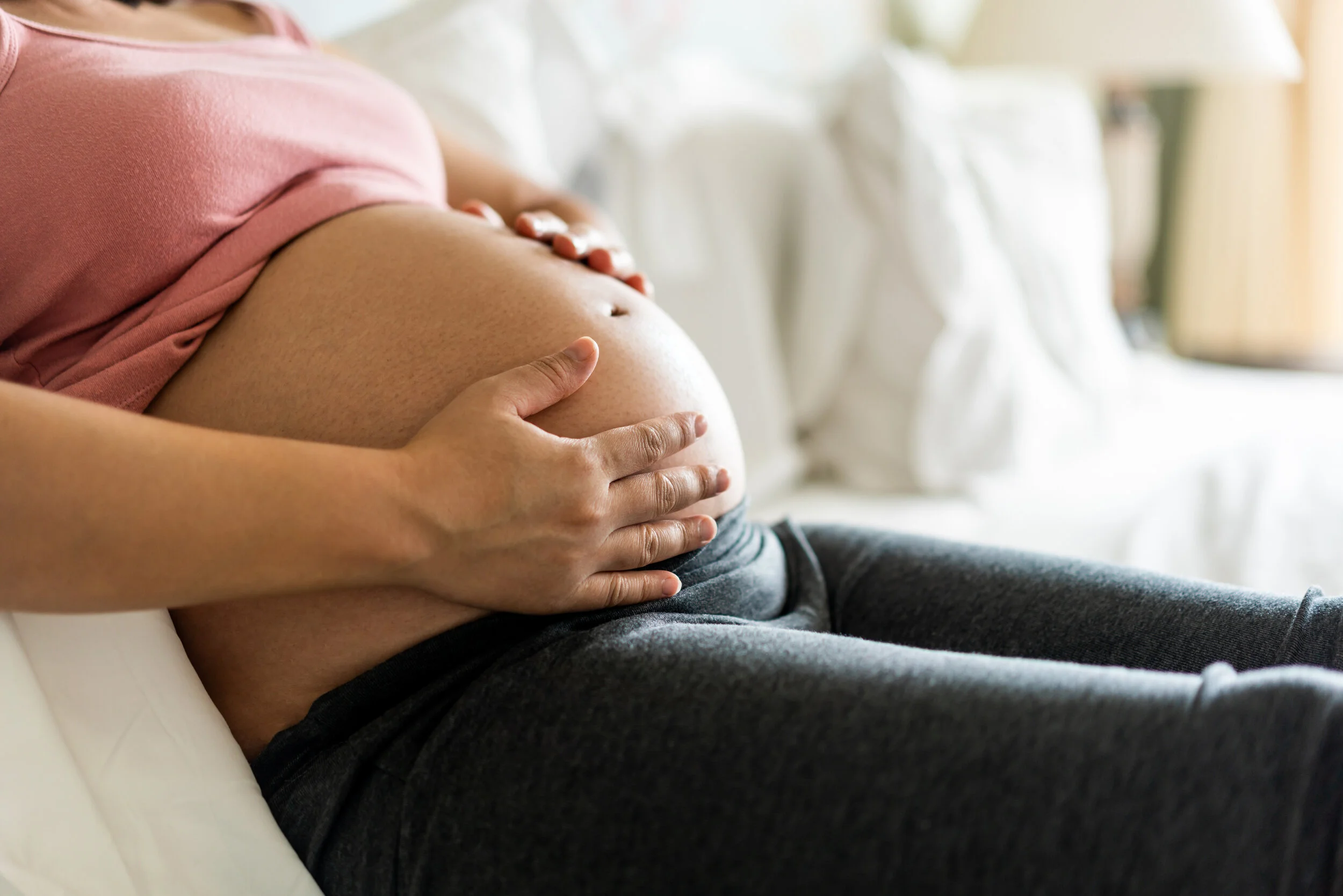Antenatal (before birth) blood tests and screening
In early pregnancy you will have an initial antenatal blood test which can be ordered by your GP or your midwife. These provide your iron levels, blood group, an antibody screen and checks your rubella status among a few other checks.
At 28 weeks your iron levels are re-checked and a screen for diabetes may be included in this. If you have risk factors for gestational diabetes this screening will be offered earlier in your pregnancy.
If you are rhesus negative (which you will know at your first blood test) you will have a repeat antibody blood test at 36 weeks.
Your midwife will discuss whether you would like to have chromosomal screening. Combined screening for Down Syndrome and other chromosomal conditions is done between 11 and 13+6 weeks and involves a maternal serum blood test along with a nuchal translucency ultrasound scan. The blood test is best done at about 10 weeks but can be taken between 9 weeks and 13 weeks and 6 days.
The scan is best done at around 12 weeks of pregnancy but can be taken between 11 weeks and 2 days, and 13 weeks and 6 days.
This gives a risk assessment (not a diagnostic result) for the baby having 3 chromosomal abnormalities, Down Syndrome, T18 and T13. This screening result will either be low chance or high chance. If it is high chance you can be referred into the maternal fetal medicine clinic at Wellington Hospital for further diagnostic testing. This could be a NIPT test, or a diagnostic test like a CVS or an amniocentesis. Both of these carry a small risk of miscarriage so are not routinely offered without a reason.
An alternative screening test called a NIPT (Non-Invasive Prenatal Testing) is available at a cost. Currently this is $650. We recommend going through Jay Marlow if you would like to access this test as she provides pre-test counselling and follow up. Contact Wellington Obstetrics.
At 20 weeks you can choose to have an anatomy scan. This is a scan to check that anatomically your baby is developing normally. It also checks where the placenta is implanted.
Rhesus negative blood groups
Early pregnancy blood tests identify the mother’s blood group. Your midwife will advise you if your blood group is rhesus negative. It is unusual for your baby’s blood to cross over to your body, however if there was crossing of maternal (Mum) and fetal (baby) blood this can cause your body to begin making antibodies against your baby’s blood type. This can cause ongoing problems in subsequent pregnancies. To prevent the making of antibodies we offer a blood product called anti D if you are rhesus negative and you have any situations which could lead to a transfer of blood. These are:
If you have any vaginal bleeding during pregnancy
If you have a miscarriage (after 12 weeks gestation) or termination
If you have an injury to your tummy during pregnancy (for example a car accident or a fall)
At the time of birth we will take cord blood from the baby to test which blood group the baby is. If baby is also rhesus negative no further action is needed until next pregnancy. If baby is rhesus positive you will receive Anti D within 72 hours of the birth.
You are routinely tested at booking and again at 28 weeks to make sure you don’t have any antibodies in your blood which may go on to cause problems.
In some areas prophylactic Anti D is given at 28 and 34 weeks of pregnancy. Your midwife will discuss with you having anti D if there is a risk factor or giving it prophylactically.

